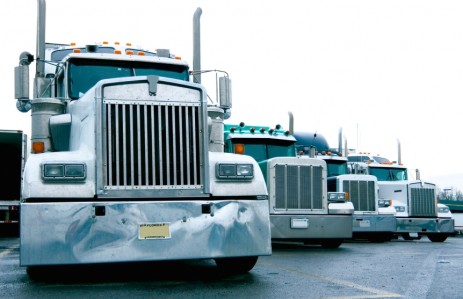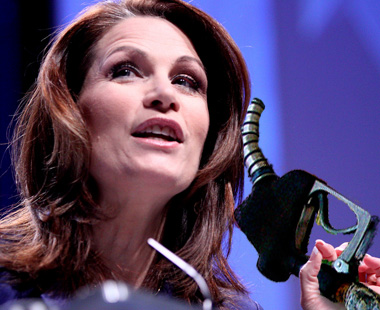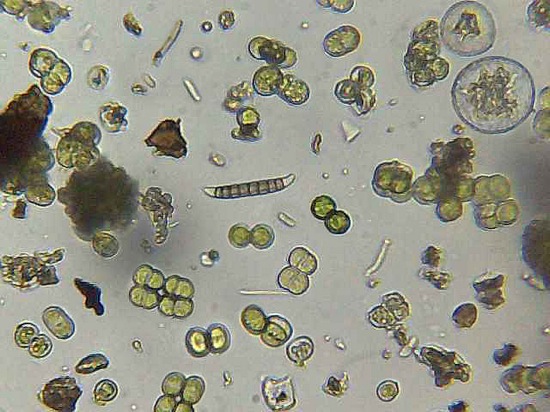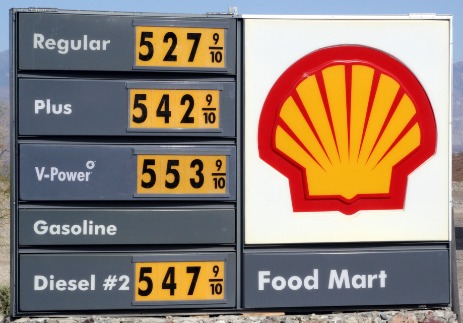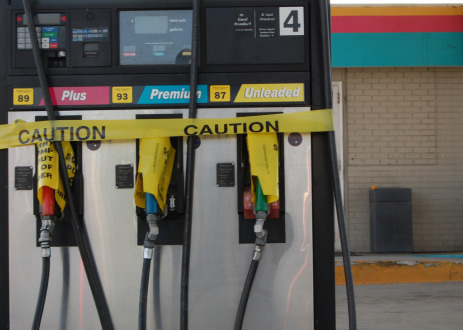gas
-
Virgin Atlantic plans to halve jet fuel’s carbon footprint using industrial gas
Virgin Atlantic is promising that within a few years, they'll be able to make their long haul flights with half the carbon impact that their jet fuel creates now.
The key technology here captures gases from steel production and makes them into jet fuel. It's supposedly better than biofuels, in part because it doesn't raise the same land use concerns. Virgin's not making the transition on its own: the company is partnering with Boeing, Swedish Fuels, and New Zealand-based Lanza Tech. -
The gas tax is actually super low, thanks to inflation
Eric Cantor thinks that bike sharing is siphoning off way too much of the country's gas tax revenue. And for a Republican like him, raising the tax is out of the question, never mind that, as Greater Greater Washington's Matt Johnson points out, in inflation-adjusted dollars, the gas tax has gone down by 34 percent since 1994, the last time it was raised. And, again in inflation-adjusted dollars, the gas tax was actually highest in 1960.
-
The trucks of the future will have skirts, tails, and fins
This month, the White House announced the first-ever fuel efficiency standards for heavy trucks — heavy pick-ups, work vans and trucks (think the Frito-Lay delivery guy), and tractor-trailers. The people who make these behemoths have never had to think about fuel economy before, but now they do. And there's lots of room for improvement.
-
Why Michele Bachmann thinks she can get gas under $2 a gallon
Michele Bachmann isn't crazy -- she's just horribly misinformed. At least in this particular instance: When Bachmann promised that if she became president, gas would be under $2 a gallon, her statement was entirely consistent with the voodoo alternate energy universe she and countless right-wing conspiracy theorists happen to inhabit.
-
Attack of the evil killer algae!
Sickening amounts of green algae, fed by nitrous waste from French farms, have been growing on the Brittany coast, where French and British people go for vacation. When the algae decomposes, it gives off hydrogen sulphide, a poisonous gas. Two years ago, a man died from inhaling the gas. The next victim: a horse. This year more than 30 wild boars have died mysteriously on the beach, and the evil algae is the prime suspect.
-
Which cities pay the most for gas?
Which cities eat up the most gas? Mint.com has the lowdown on how often their users buy gas every month, and how much they spend (click for a larger infographic).
-
The true cost of gasoline? $13 a gallon
What's the true cost of the emissions from every gallon of gasoline, when you add up all the negative environmental impacts they'll lead to, from poor air quality to catastrophic climate change? Nine dollars a gallon. Add that to what you're typically paying at the pump right now, and it means that the real cost of a gallon of gas to the planet and our future is easily into double digits.
-
'Natural' gas fails the sniff test
Top decisionmakers in Washington seem to have forgotten that “natural” gas is a fossil fuel, with some of the same damning negatives as coal and oil. For instance, unlike renewables, “natural” gas is an energy source we will exhaust — possibly sooner than previously thought. Let’s not forget that the recent rise of hydraulic fracturing […]
-
Gas should cost $15 per gallon
Grist readers know that the "high price" of gasoline in America doesn't begin to capture its true costs. But do you know exactly why that is? The smart, deep-diving folks at the California's Center for Investigative Reporting have made this great video breaking down the reasons why gasoline should actually cost closer to $15 per gallon. You should watch it (it involves cocker spaniels!), but if you can't spare 5 minutes, the highlights are below.


